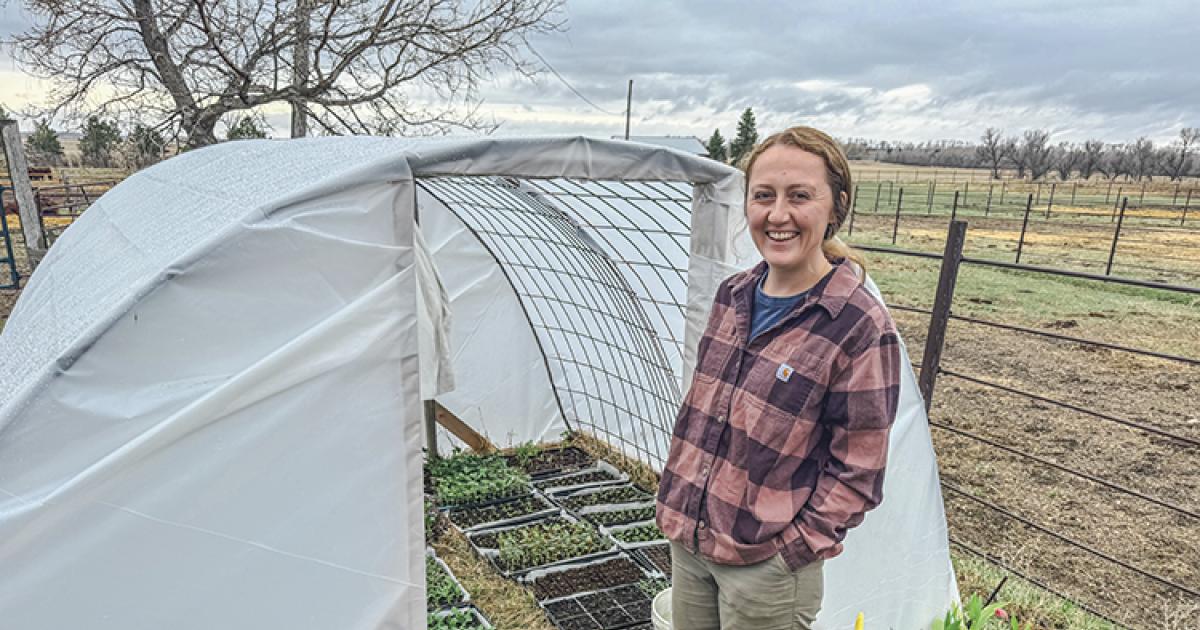Changes and opportunities coming to communities receiving high-speed broadband service were the focus of a regional meeting of telecommunication cooperative leaders, including North Dakotans, held last month in Fargo.
Shirley Bloomfield, NTCA CEO
The meeting was hosted by NTCA – The Rural Broadband Association. NTCA CEO Shirley Bloomfield delivered a keynote address to the leaders, indicating that the telecom cooperatives and companies associated with NTCA are fully engaged in extending these broadband services to their customers and are key players of the culture of change sweeping rural America.
In an interview with North Dakota Living following her remarks, Bloomfield said the strides – even leaps – rural telecom cooperatives have made from early telephone service to video and wireless services, and now to broadband are enormous. “With broadband, the world has kind of blown up,” Bloomfield says.
“I think an easy way to explain ‘broadband’ is to call it ‘e-connectivity,’ ” she says. “It is the ability to connect in a robust and high-speed way, with access to everything. I think of broadband as unlimited opportunity.” She said the foundational quality of life realms of health care, education, public safety and e-commerce are all being transformed and improved with broadband.
Looking at the current and potential contributions broadband service delivers to rural communities, Bloomfield observed, “I don’t think they know what they don’t know.” She said, for example, the local cooperatives delivering broadband are making small clinic and large hospital connections possible, opening important health care doors.
“This is allowing our seniors to age in place,” Bloomfield added, indicating that new broadband apps can be used to monitor care areas, such as vital signs and medicine intake.
Bloomfield said broadband connectivity has also ushered in a new era in agriculture, marked by use of digital tools for soils evaluation to livestock health monitoring to several other areas.
Cybersecurity currently has the intense focus of users and providers of broadband service, including rural telecom cooperatives. Bloomfield and NTCA are taking significant steps to strengthen the cybersecurity posture of rural telecom cooperatives on behalf of their members.
“Cybersecurity is a living breathing challenge,” Bloomfield said. She added NTCA and the rural telecoms are working with the U.S. Department of Homeland Security and with large telecommunications and information technology enterprises to attain and share information about strengthening protection of personal data in electronic storage.
Bloomfield added the NTCA now offers cybersecurity training for employees of its member cooperatives and companies, in coordination with Homeland Security. The goal is for consumer-members of telecom cooperatives to view their cooperative as their “trusted partner” in protecting the privacy and integrity of personal information.
A final set of Bloomfield’s comments centered on the current federal government focus on broadband buildout as a key element of national infrastructure improvement. She said advocates of initiatives in this area need to understand that investment in broadband must be continuous.
“Broadband is expensive and it’s complicated,” Bloomfield said. She added that this new national priority being placed on broadband buildout needs to embrace this continuing investment reality.
Bloomfield also said great care should be taken not to direct federal broadband development dollars and programs at areas where existing federal support programs are already meant to serve.










